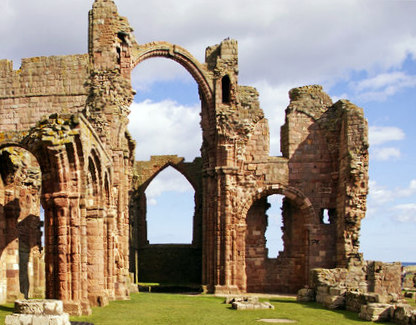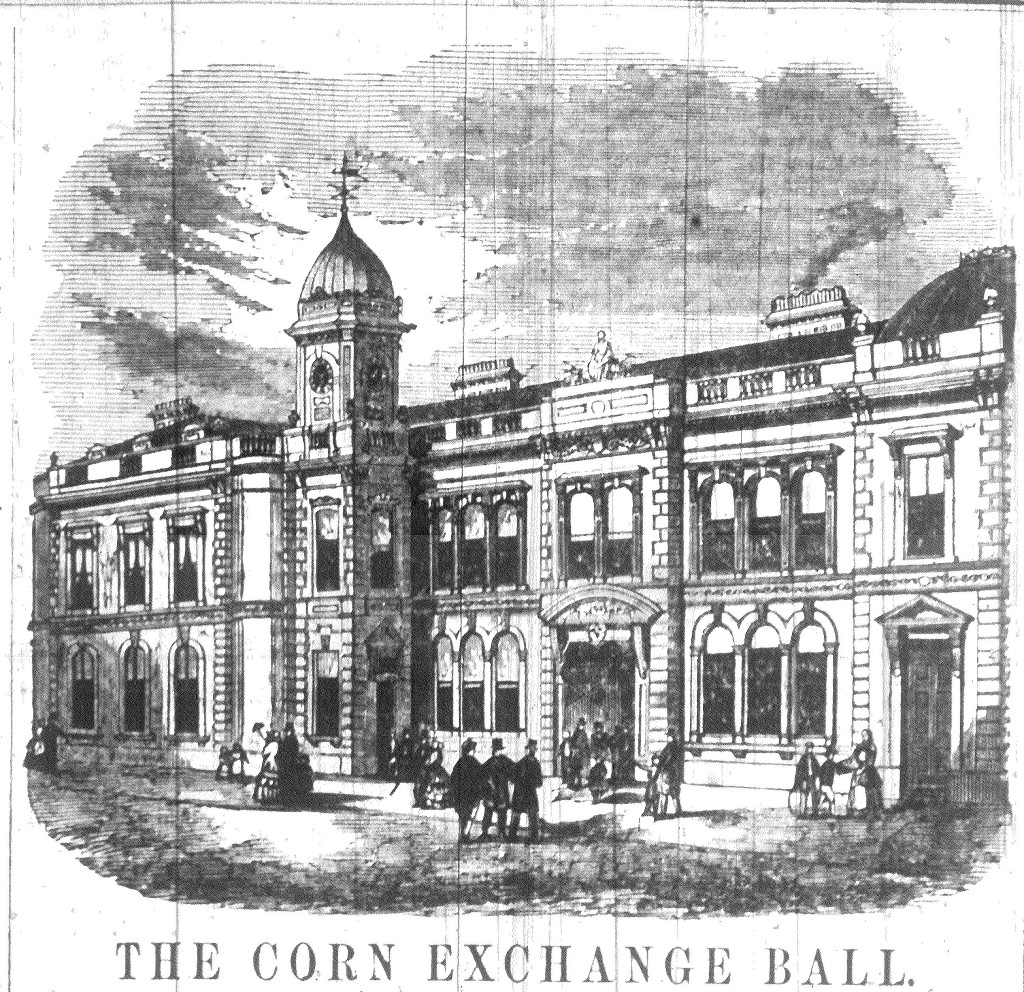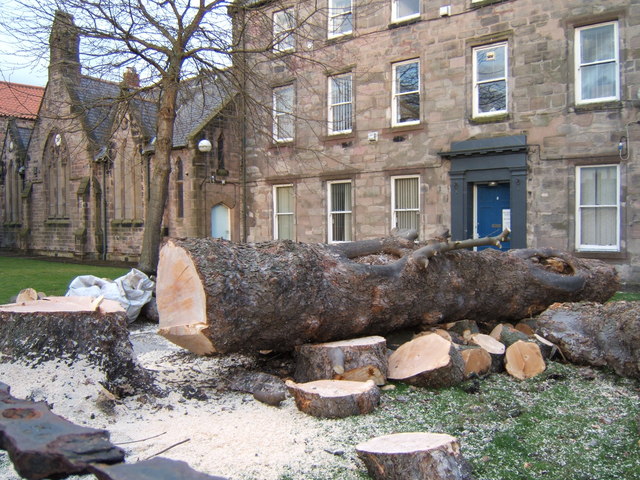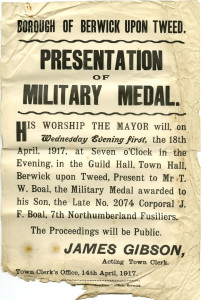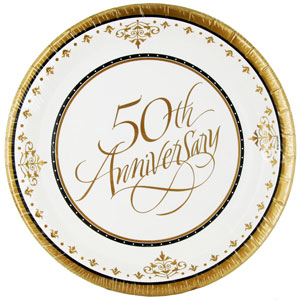BUILDING TRADES OPERATIVES’ STRIKE
On Monday the men employed in the building trades in the Borough struck work, having refused to accept the position created by the proposed National “cut” in wages rates of 2d per hour.
Joiners, plasters, stone workers and others in the trade are affected and workers have downed tools at Mordington Small Holdings work, the new Housing Scheme, and other jobs going on in and round and the town.
The dispute is rather an involved one. More than a year ago an agreement was entered into between employers in Berwick, and men employed on skilled work in the trade whereby the rate of pay was fixed at 1s 9d per hour. Though the agreement was binding for a year, there was still dissatisfaction amongst the men owing to the Newcastle area rate being higher. The employers recently have been paying 2s 1d per hour under a Wages Board area award, and last week at a conference the National Building Trades Federation, on which employers and employed were represented, a national reduction of 2d per hour for skilled workmen was recommended.
This the men have refused to accept as they contend that it will bring the Berwick wage down to 1s 11d, which is heavier upon workmen than in the Northern Counties Area where men received the full 2s 2d per hour under the Wages Board award.
The workmen are to be seen daily standing about the streets, evidently finding time hanging heavy upon their hands.
THE MEN’S CASE
The Secretary of the local operatives informs us that the Area Rate fixed by the Wages Board was 2s 2d per hour for the Northern Counties Area No. 9, and Berwick Branch being in that area should have received the full reward. Instead, it is contended, the employers only agreed to pay 2s 1d per hour and for the past 12 months negotiations have been going on with a view to getting the masters to meet and discuss the matter with employees’ representatives. The masters are stated to have ignored the communications and the men have now struck to get the full 2s 2d award before the 2d reduction comes off.
ST. JOHN’S CHURCH, SPITTAL
War Memorial Unveiled by Bishop of Newcastle
To commemorate thirty-seven men of the parish who made the supreme sacrifice in the Great War, a memorial in the form of an altar table reredos and panels was dedicated in St. John’s Church, Spittal, on Monday evening. Service was held in the Church, the Rev. J. H. Cuthbertson, Vicar, officiating, the lessons being read by the Revs. P. G. Peacocke and R. W. de la Hey. Canon Roberson, Norham, and the Rev. S. E. R. Fenning, St. Mary’s, Berwick, were also present. The relatives of the fallen were seated in pews in the centre aisles, and a detachment of the Defence Corps under Capt. F. B. Cowen, M. C., were present in Church. Miss K. E. M . Toohey presided at the organ. There was a very large congregation present.

The handsome memorial adds to the beauty of the Church, the altar table being executed in oak. The reredos has a border of an exquisitely hand carved design in oak, which is richly gilded. The border acts as a frame for panels hand-painted in beautiful colourings on mahogany, the centre one of which depicts Christ on the Cross. The two side panels represent St. John and St. Peter, and the Signs of Passion are depicted in colourings on four shields between the panels. The inscription reads; “To the glory of God and in grateful memory of those men of Spittal who laid down their lives in the Great War, 1914-19.” The list of names is as follows:-
G.W. Aitken, J. H. Boston, M. Beveridge, R. C. Clements, M. Cockburn, W. C. Dormer, W. Dumble, J. Elliott, G. Elliott, T. A. Forster, R. Forsyth, J. E. Forsyth, H. W. Heckles, R. F. Hills, J. Havery, H. Morton, A. Noble, C. N. Noble, A. Piercy, P. Patterson, A. E. Purdon, G. Patterson, T. Ridpath, W. Robson, R. J. Rowntree, G. A. Richardson, G. Richardson, W. Rutherford, W. F. Scott, J. Strassheim, D. Sykes, O. Sykes, J. Thompson, J. Wood, D. Wilson, W. B. Walton, J. J. Wood.
At the end of the list are the words “Rest evermore unto them, Oh! Lord, and let light perpetually shine upon them.” The cost of the whole memorial will be about £300, and during the service a collection towards the Church Restoration Fund was made.
THE COAL CRISIS
On Thursday week the Gas Company put out a notice that the gas supply might cease on Saturday night. There was considerable anxiety in the town over the week-end, but we are glad to say that the gas is still available, and not likely to stop for the present.
As many as from 60 to 70 men, women and children spend their evenings in the search for coal on the slag heaps near the Scremerston pit.
From Berwick, Tweedmouth and Spittal they come with sacks, hand-barrows, bogies, or anything on wheels, and hammer in hand crawl up and down the heaps searching for lumps big or small. And quite good coal they find, though the supply is getting exhausted now. The women wear sack aprons into which they put their treasures breaking big lumps with their hammers. When these aprons get full they return to the bottom of the heap, where the bogie awaits in charge of a youngster, empty their coal into it, and return for another supply. After an evening’s hard work, there is always the weary trudge homewards, but it is evidently worthwhile, as some will even carry a sack of coal on their backs for the two miles, cheered doubtless by the thoughts of fires to cook the family dinners on the morrow.
BELGIAN COAL FOR BERWICK
No Difficulty Experienced in Getting Ship Discharged
Excitement ran high in Berwick on Thursday when it was expected that the motor schooner “Hibernio” (500 tons) with a cargo of 350 tons of virgin coal from Antwerp would arrive. As the day wore on and the vessel did not appear fears were entertained that she had broken down on the voyage, but later news was received that she had been detained at Antwerp a day over her time in getting clear of the Customs.
The “Hibernia” arrived off Berwick with the morning tide on Saturday and was berthed in Tweed Dock, where a large crowd visited the dockside and examined samples of the coal. Quite sufficient labour was available to discharge the vessel, but as there was some difficulty in arranging for carts, which had booked up elsewhere for the day, it was decided to delay discharging the vessel until Monday. The coal is rather small, but is of quite good quality. It is being divided amongst the various industries in the town, and a portion is being allocated to coal merchants for sale for household use.
On Monday morning discharging the vessel was commenced and went on rapidly without interruption all day.
PRESTON MINERS AT BERWICK
Fancy Dress Procession In Aid of Soup Kitchen Fund
The band of the Prestonlinks Collieries visited Berwick on Saturday and a large number of masquers travelled with them in motor wagons to assist in the fancy dress parade held in aid of the funds of the soup kitchen, which has been organised by Mr W. Penman, secretary of the Miners’ Union, Cockenzie, for the provision of food for necessitous cases amongst the miners’ families.
The colliers got a sympathetic reception, and large crowds watched the procession on its way through the streets, and contributed liberally to the collectors. Standard-bearers followed the band, bearing aloft a large banner, upon which was inscribed “We Fight to Live. ”Pipers took turns with the brass band in providing the music during the afternoon.
The “get-up” of the fancy dress paraders was both original and humorous in the highest degree. A few did “busking” turns at intervals, while a bevy of pretty young damsels made an irresistible appeal for contributions. Dancing also took place at intervals on the route of the march, and the crowd greatly appreciated the efforts of the performers. Scotch step-dances were very well done indeed. Castlegate was crowded when the miners left by motor in the evening, and as the cars moved away they were given a hearty send-off.
BOWLING
Berwick Public Bowling Club
The bowlers on the Berwick-on-Tweed Public Green are at it nightly, and keen competition and some excellent games have been played for what is known as the “Gold Cup.” (It is in reality a neat miniature in brass). A. Carstairs and H. Jameison beat T. Harbottle and M. L. Walker on Monday night, and on Tuesday night the decision was reversed. R. Pagan and W. Lumsden then challenged the holders and ran out winners, semi-darkness coming on before the game was finished. Up till the time of going to press Pagan and Lumsden are still the holders, although they were again challenged by J. Mace and H. Borthwick, who they defeated (21-20), on Wednesday night. R Bowie and T. Harbottle next made a bid for ownership, but were not successful. The Committee have decided to run a pairs competition, and the competitions for the Darling Cup, and the Holmes Cup are also to be commenced. We are informed entries for all three competitions close on Saturday night. These competitions are bound to infuse a great amount of interest into the play. During this week those present on the green have been entertained to selections on the gramophone.




